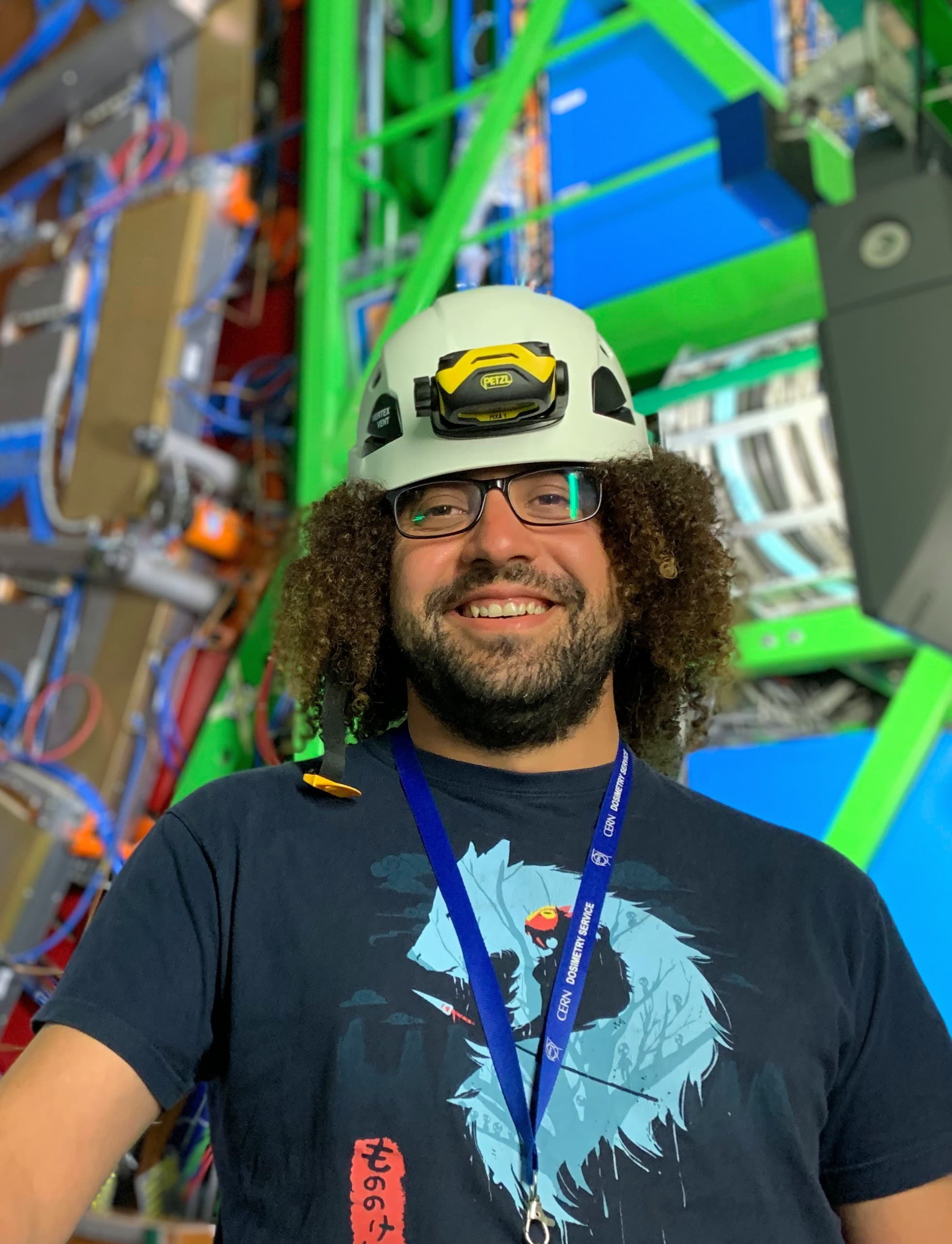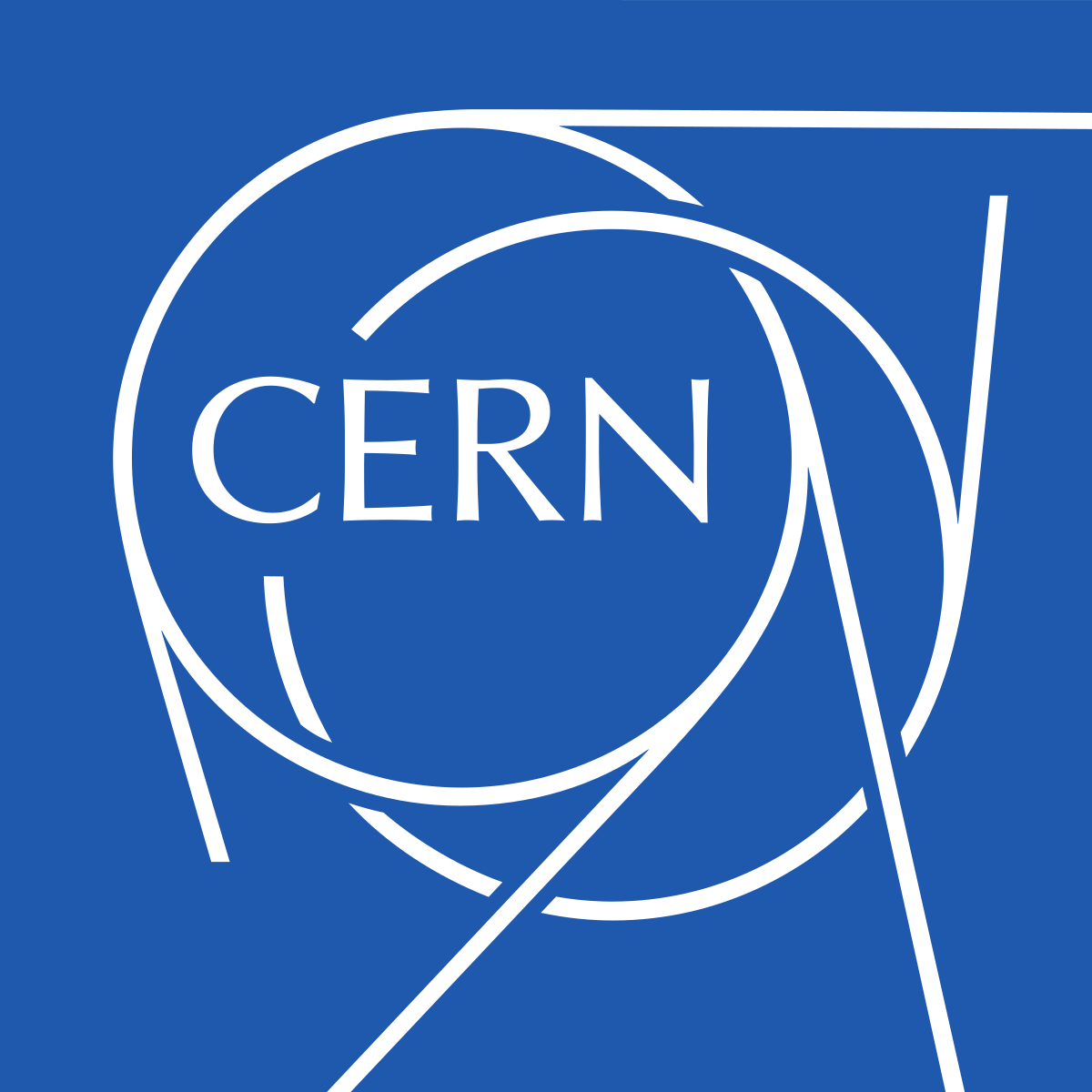
Yacine Haddad.
Current Research Activities and Professional Summary
My current research is at the forefront of quantum sensing and quantum computing, with a strong focus on Quantum Machine Learning, hybrid classical-quantum algorithms, and detector innovation.
In quantum machine learning, my main scientific interests include Hamiltonian learning and its interface with quantum field theory, as well as the development of generative quantum models like Quantum GANs and Quantum Boltzmann Machines. I am particularly focused on modeling and understanding jet substructures using these techniques, with an eye toward applications that extend beyond academia, including image generation and optimization.
I coordinate and supervise quantum computing projects. This work covers both the algorithmic and software layers, aimed at building robust hybrid systems for theoretical and experimental physics applications. I also mentor PhD students and lead collaborations with industry partners to drive innovation at the intersection of quantum technology and particle physics.
In quantum sensing, I am advancing a novel concept of chromatic calorimetry, a quantum-dot-based homogeneous calorimeter with unique properties. This device is designed to measure energy without loss while simultaneously providing depth information, offering transformative potential for high-energy physics applications.
With extensive experience in detector technology, my work spans across developing FPGA firmware, software engineering, and applying machine learning to enhance detection sensitivity. Specifically, I have applied classification techniques across various projects to increase sensitivity in identifying rare physics phenomena, such as the Higgs boson, in high-energy physics experiments.
Professional Journey
My journey in particle physics began in Algiers and Paris, culminating in a Master's Diploma in 2012. During my PhD at Ecole Polytechnique, I contributed to the CALICE collaboration, working on advanced calorimeters for future linear colliders. My experience with beam tests at CERN was instrumental in developing new algorithms for reconstructing particle showers and characterizing detector performance.
As a postdoctoral fellow with HiggsTools at Imperial College London and Durham University, I joined the CMS collaboration, focusing on precision measurements in Higgs physics at the Large Hadron Collider (LHC) nd Standard Model phenomenology bridging the gap between experimental physics and theory. Later, at Northeastern University, I expanded my research to include dark matter searches with Mono-Z analysis and significant contributions to the CMS collaboration, especially in Higgs boson studies.
Throughout my career, I have been involved in R&D for particle physics instrumentation, particularly in high granular calorimetry for future linear lepton colliders and upgrades for the CMS forward muon system at the LHC. My work includes the development and testing of advanced calorimeter prototypes at CERN, where I served as a test-beam expert and run coordinator, focused on enhancing jet reconstruction and other detector capabilities.

- Company
- University of Bern
- Role
- Senior Staff Scientist
- Date

- Company
- CERN
- Role
- Associate Scientist
- Date

- Company
- Northeastern University
- Role
- Research Associate
- Date
- Company
- Imperial College London
- Role
- Marie Curie Early Stage Researcher
- Date
- Company
- Durham University
- Role
- Marie Curie Early Stage Researcher
- Date

- Company
- Ecole Polytechnique Palaiseau
- Role
- PhD
- Date
- Follow on Twitter
- Follow on Instagram
- Follow on GitHub
- Follow on LinkedIn
- [email protected]

